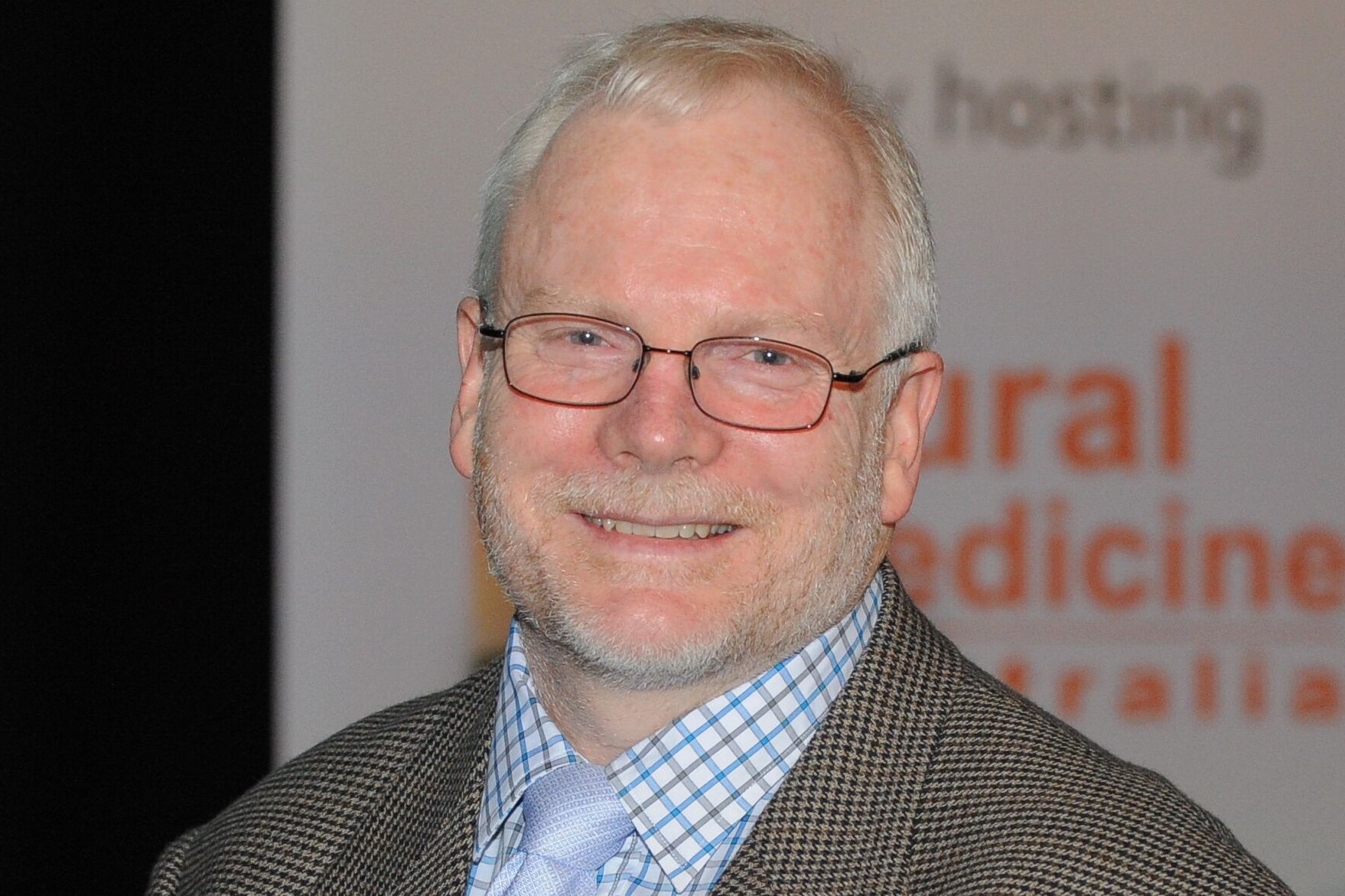Voting closes next month in ACRRM's historic first contested presidential election. Here we profile candidate Dr Ewen McPhee
ACRRM presidential candidate Dr Ewen McPhee says the college may be on the brink of an expansion in step with its radical origins.
“That’s the beauty of ACRRM,” Dr McPhee, a GP obstetrician and practice principal in Emerald, central Queensland, tells The Medical Republic.
“It has been in the past the disruptor, and I want to make ACRRM the disruptor again. ACRRM has to push forward with new ideas, new ways of doing things, and develop new partnerships. The future is ours.”
More than 21 years after disgruntled rural doctors broke with the RACGP to form world’s only rural-specific GP training college, ACRRM appears to have secured a place inside the policymaking tent.
Its trailblazing work in developing rural generalism as a distinct specialty has culminated in the federal government’s embrace of the generalist model as part of the solution to Australia’s health workforce woes.
But Dr McPhee, the immediate past president of the Rural Doctors Association of Australia, and leader of the RDA’s Queensland branch before that, says there is a lot more to ACRRM’s destiny.
“I really want ACRRM to grow from its roots as a primary-care college into one that is addressing all aspects of rural and remote medicine, with the knowledge and the expertise that can deliver healthcare anywhere in the world,” he says.
“Obviously, our roots are in rural and remote general practice, in some of the most extreme environments in Australia and Antarctica and other places, working with our first-nations people, in the military, and retrieval medicine.
He is proud of the Australian college’s international leadership in rural and remote healthcare.
“I think it has to be recognised that ACRRM is not limited to any place; the extension of our activities into near-island nations, such as Papua New Guinea and Tonga, and the support ACRRM gives doctors in other countries.
“We have to make a noise, be proud, be proactive. Get out there and tell our story.”
Immediately, the college is preparing, alongside the RACGP, to start the transition to college-run GP training from 2019, with ACRRM taking responsibility for 10% of places.
“The main aim I have for the college is that it must be an exemplar for primary care, rural and remote medicine, country doctors and the rural generalists of the future,” Dr McPhee says.
“We’ve got to get training right. We’ve got to build our reputation. We will expand through word of mouth and through acknowledgment that we are world leaders. I think we’ve got to tell that story.
“I am keen to tell the story about our future as well.”
One narrative that needs reinforcement is about the need to support rural-based training as part of health-system design, and the fact that ACRRM has engendered a highly professional workforce, he says.
“It all costs money, and there needs to be consistent investment,” he says, adding it’s “too easy” for city-based power elites to discount rural communities and rural doctors.
A dual member of ACRRM and the RACGP, Dr McPhee is also a senior academic clinician at the University of Queensland’s Rural Clinical School and a senior fellow of generalist medical training at James Cook University.
He chairs the Central Queensland Clinical Council of the region’s PHN, and Queensland Health’s Telehealth Governance Committee, and is a prolific Tweeter under the @Fly_texan handle.


